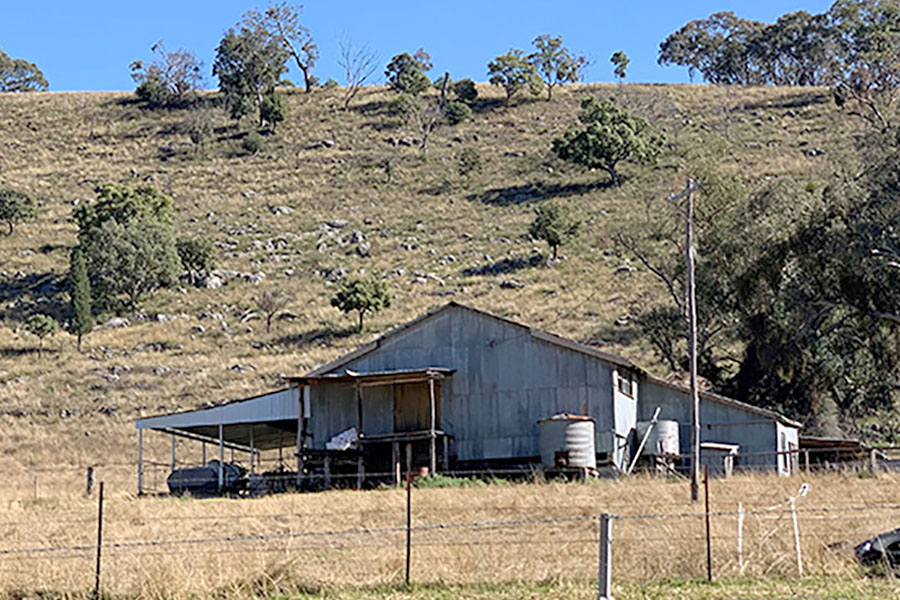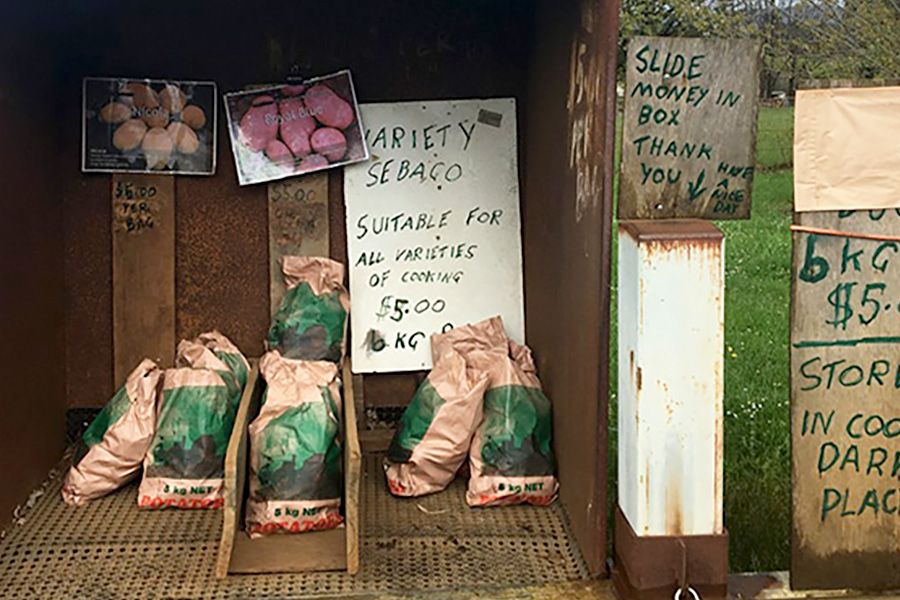Agritourism changes
The NSW Government is making it easier for farmers to use their land for agritourism.
The changes support sustainable tourism, giving people more reasons to visit regional and rural NSW.
They allow farmers to use fast-track exempt and complying development processes, which are quicker, cheaper and simpler than making development applications to a local council.
Hear farmers explain how they will make additional income and add value to their existing agricultural operations.
Fictional case studies

Sarah is a third-generation grain farmer with a large farm on land zoned RU1 and though her farm is currently not in production because of drought, it will be again in the future.
She wants to generate income by renting out two old workers’ cottages for couples to stay in overnight, or by letting small groups camp on her property for a few days at a time.
Sarah can choose to:
- change the approved use of the cottages from workers’ accommodation to farm stay accommodation as exempt development
- renovate the cottages as complying development, as long as she complies with the specified development standards
- set up an area for camping without planning approval. She can have up to 20 campers on her farm at a time, staying for up to 21 consecutive days
- switch her cottages back to farm workers’ accommodation as exempt development once the drought is over and her farm is producing again.

Malik has an orchid with biodynamic produce (mainly stone fruit and apples) on land zoned RU4.
He wants to build a small roadside stall next to his driveway where he can sell a few trays of fruit and jam. If this goes well, he would like to have a small shop on his land where he can sell fruit, and make and sell jam and cider.
Malik can choose to:
- erect a roadside stall on his property of up to 9 m2 as exempt development
- build a small shop as farm gate premises that is up to 200 m2 and could open 8 am to 5 pm Sunday to Friday and public holidays, and 7 am to 5 pm on Saturdays, under complying development, provided he complies with all the development standards.
If he wants to build something larger that might have greater impacts on his neighbours, he can lodge a development application with his local council.

The Taylors own a small sheep farm in on land zoned RU1 specialising in organic meat products, but their real passion is cheese making.
The Taylors want to construct a small building to run workshops and teach others how to make cheese. They also want to run tours of the property to show off the farm and the environmental restoration they have done.
The changes will make it easier for them to attract visitors to their farm for tours while still running their main agriculture business.
The Taylors can choose to:
- erect a new building of up to 200 m2 for classes as farm gate premises under complying development rules
- conduct tours to show their environmental restoration and farming practices as farm experience premises under exempt development rules
- host up to 100 visitors at a time for classes and an unlimited number of visitors for tours.
If they would like to expand their business, they can lodge a development application with their local council.

Shannon is a sustainable commercial farmer who owns a small farm on land zoned RU2.
Shannon would like to offer small-group workshops about sustainable food production, natural resource management and climate resilience but is not sure whether there will be enough demand in his area.
He can choose to:
- hold workshops for up to 100 people at a time as farm gate premises in a marquee or an existing building as exempt development, to see how the business goes, provided he complies with the relevant development standards
- erect a building of up to 200 m2 to host his workshops under complying development rules.
Shannon will not need a development application to offer these workshops unless he wants to set up a larger building, allow more people to attend, or is unable to meet the standards for exempt or complying development.